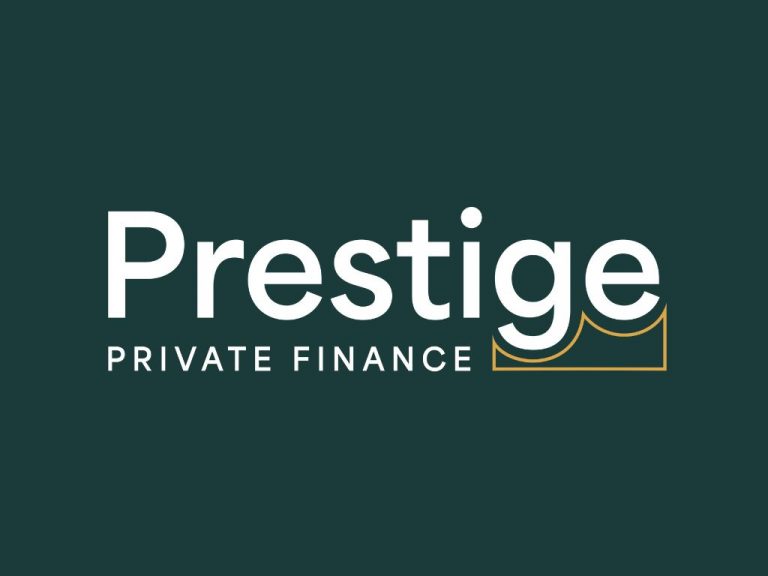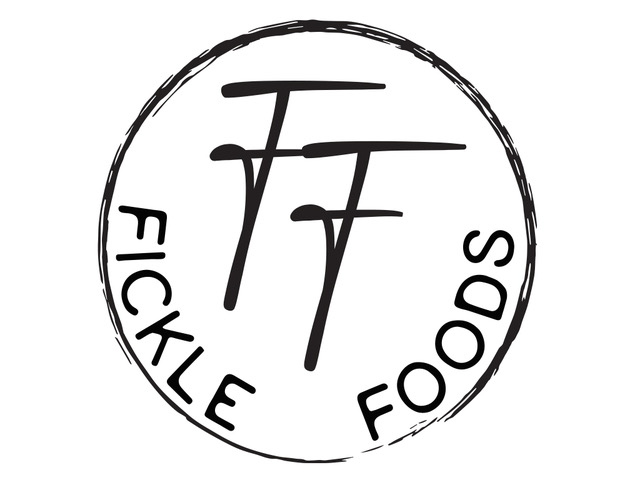Criminals can impersonate your bank, the police, tax office, investment or software companies and other trusted organizations, and they will try to convince you to part with your money.
Fraud, tricks and scams: guidance
- How the fraudsters may contact you
- Tricks they use
- We know about the following scams
- How to protect yourself
- Report any suspicions of fraud
Some helpful links about scams
- Fake Evri text scam phishes for bank details
- Some of the latest scams
- The Latest Scams You Need to Be Aware of in 2022
- Take Five to stop fraud
- FCA scam smart
- Check if something might be a scam
- Phishing: Spot and report scam emails, texts, websites and calls
- Avoid and report internet scams and phishing
The three most common scams are:
- Your computer has a problem
- A fraud investigation
- An investment opportunity
Fraudster’s tactics
- Criminals can disguise their phone number to make it look like its from a bank, the tax office, the police, or anyone.
- They can call you with what looks like a genuine phone number
- They will keep your landline open by not hanging up, and even play a dialing tone over the phone.
- They can text messages requesting that you call them or click on a link, (These messages usually appear in the same place as genuine messages) and send website links which can steal your data and money when you click on them.
Phone Scams

Scam 1. A computer problem
The claim: You have a problem with your computer
Criminals may call you and claim you have problems with your computer or internet. They claim to be your computer manufacturer, telephone or internet service provider, and they will suggest that they can help you.
The scam:
They instruct you to download a programme which gives the criminal remote access to your computer, where they can then access your bank details, data and passwords.
Protect yourself:
If you receive a call like this, hang up and take the time to verify via a trusted method. Not via numbers given in the call.
Never allow anyone to remotely access your computer.
Do not download software on the request of a phone caller.
A genuine service provider will never call you out of the blue regarding issues with your computor.
If you are having issues with your computer, contact the retailer that you purchased it from.
If you are having a problem with your internet connection, contact your service provider.
Scam 2. A Fraud Investigation

The Claim: Your bank account has been compromised
Criminals may call and claim to be from your bank, the tax office or police and claim there is a problem with your bank account.
They often state there are corrupt staff at your bank, or criminals have cloned your bank cards and request your assistance with the investigation.
The Scam:
They instruct you to transfer money into a secure account, provide cash, high value goods or vouchers to a courier.
They tell you the account is in your name but in fact it belongs to the criminal, and the courier delivers your cash, cards and purchased items to the criminals.
Protect Yourself
If you receive a call like this, hang up and take the time to verify via a trusted method. Not via numbers given in the call.
Your bank, the tax office or the police will never ask you to transfer or withdraw money or buy items on their behalf.
Your bank, the tax office or the police will never attend your home to collect your cash, bank cards or ask for your pin.
Speak to friends or family if you are unsure.
Never share your PIN with anyone. Not even by tapping it onto the keypad on your phone.
Scam 3. An investment opportunity

The Claim: We have an investment opportunity
for you!
Criminals may call you to persuade you to invest in all kinds of products, including diamonds, wine or art.
The Scam:
They offer low risk and high rates of return, claiming its a once in a lifetime opportunity and you’ll have to act quickly.
If you do invest, the criminals will often request further ‘transport’ and ‘storage’ costs.
These investments do not exist.
Protect yourself:
If you receive a call like this, hang up and take the time to verify via a trusted method. Not via numbers given in the call.
Genuine investment companies will not cold call you.
Don’t be pressured into making a quick decision and seek impartial financial advice before committing to any investment.
There are no ‘get rich quick’ schemes. If it sounds too good to be true it probably is.
When investing with genuine companies research what you have been offered and the investment company. Speak to the Financial Conduct Authority if you have concerns. Call 0800 111 6768 or visit www.fca.org.uk
Reporting Scams

Always report scams and fraud to Action Fraud, either online at www.actionfraud.police.uk or by telephone on 0300 123 2040
Contact police directly on 101 or 999 in an emergency
Forward any scam text messages to Ofcom on 7726 (free of charge)
All major phone companies provide a call blocker service. This should help screen out most of the above phone scams. Contact your telephone service provider to find out more.
Don’t assume others in your life know the information you have read here. Tell friends and family and together many can be protected.
Phishing

What is phishing?
Phishing is a type of social engineering where an attacker sends a fraudulent message designed to trick a human victim into revealing sensitive information to the attacker or to deploy malicious software on the victim’s infrastructure like ransomware.
Beware of Covid Pass Scams

Recently there has been a spike in scams around the Covid Passes.
In response to these scams, the NHS has put together an awareness resource to help the general public know how to tell how to get a genuine Covid Pass
Stay Alert

- Taking a moment to stop and think before parting with your money or information could keep you safe.
- Could it be fake? It’s ok to reject, refuse or ignore any requests. Criminals will often try to rush or panic you.
- Contact your bank immediately if you think you’ve fallen for a scam and report it to Action Fraud.
- Block unwanted calls and text messages
- Don’t give your personal or financial information in response to a request that you didn’t expect.
- Resist the pressure to act immediately.
- Stop and talk to someone you trust.
















